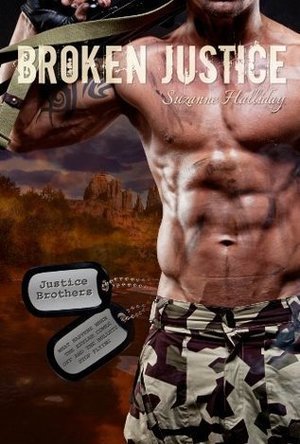
The Kid by Kaitlyn Aurelia Smith
Album Watch
In 2017, the musical term 'electronic' is nearly obsolete given the ubiquity of computerized...
electronic

Build With Grandpa
Education and Games
App
Demolish an old building with a wrecking ball, clear the lot with a bulldozer - then design, build,...

Futbol Tahminler LE
Sports
App
What are Soccer Predictions, Basketball Predictions and Hockey Predictions? * Our applications make...

Quran Memorization Program: Learning, Memorizing and Mastering the Holy Qura'an in arabic handwritten script
Education
App
برنامج حفظ القرآن الكريم Quran Memorization Program (QMP) بين يديكم...

iTouchStats Basketball
Sports and Entertainment
App
An extensive overhaul of the app is now complete, making a 4.5/5 star app even better! This upgrade...

aSmart HUD 3D +SpeedCams
Navigation and Travel
App
Advanced car digital dashboard combining map, routing, tracking, photo and speed cameras...

Grandpa's Toy Shop
Education and Games
App
Design, build, and decorate ten different kinds of toys to sell in Grandpa's Toy Shop! After you use...

Track Your GPS GSM GPRS Tracker
Navigation and Travel
App
An effective interface allowing you to Manage, Monitor & Locate your compatible GPS GSM GPRS...

Basketball Predictions LE
Sports
App
What are Soccer Predictions, Basketball Predictions and Hockey Predictions? * Our applications make...

Broken Justice
Book
Cameron Justice- former Special Forces Veteran and now working along side his Justice Brothers Alex...
justicebrothers familyjustice4life suzannehalliday